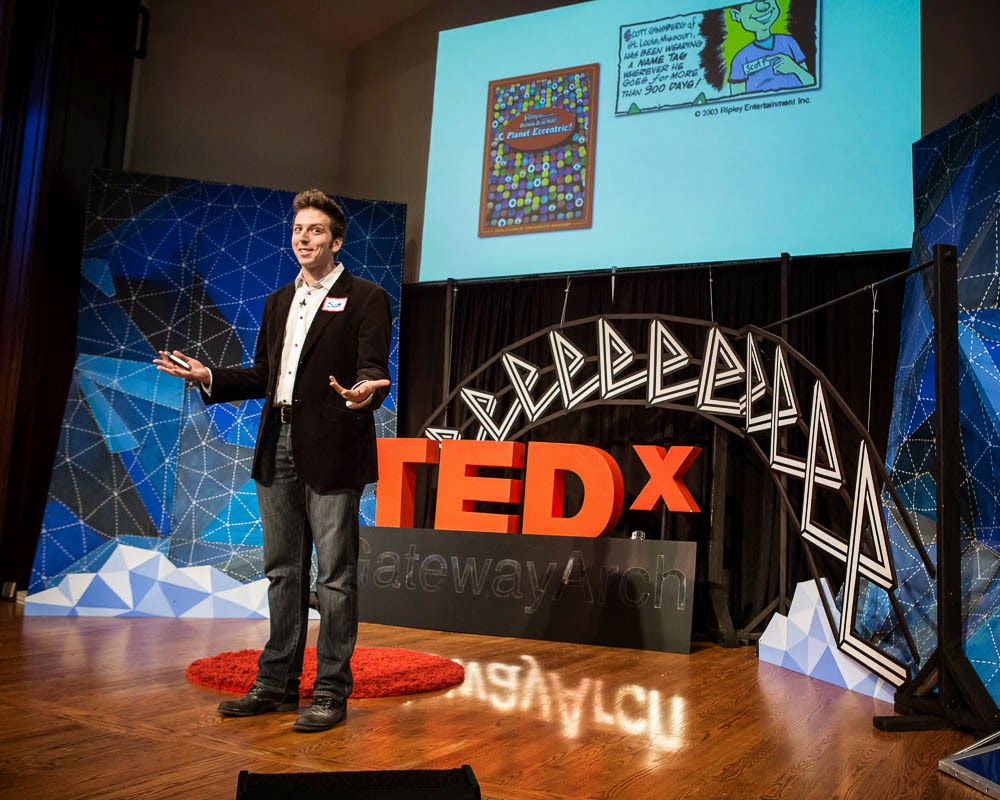
All creativity begins with the moment of conception.
That little piece of kindling that gets the fire going. That initial source of inspiration that takes on a life of its own. That single note from which the entire symphony grows. That single spark of life that signals an idea’s movement value, almost screaming to us, something wants to be built here.
And so, in this blog series, I’m going to be deconstructing my favorite moments of conception from popular movies. Each post will contain a video clip from a different film, along with a series of lessons we can learn from the characters.
Today’s clip comes from the voicemail scene in Swingers:
What can we learn?
In that kiss I saw a
vision of my future. A prospective client reaches out, shows an interest in your work, asks
tons of questions, requests a price quote, emails you back immediately, gets
your hopes up about working together, and then, they just magically disappear.
No explanation. No apology. No nothing. They just go away. And despite your
follow up efforts, courteous and professional and persistent as they may be,
still nothing. This phenomenon infuriates me. And each time it happens, I can’t
help but think to myself, what the hell?
You’re the ones who came to me. But then I remember something I learned in
high school. Just because we kissed once doesn’t mean we’re in love forever.
That’s the thing about opportunity. It’s a fickle mistress. It comes and goes
like the changing weather, swearing allegiance to no one, rarely with
explanation or apology. And so, instead of twisting myself into a psychological
pretzel trying to figure out what went wrong, maybe it was me, maybe it was
them, maybe my email account wasn’t working, I’ve learned to just let it go. I
accept the fact that so many things in life just go away. And I try not to take
it personally. Then again, I also feel a puff of hope when I remember, the fact
that it happened at all means that it’s possible. What can you let go of right now so that you can regain your balance?
I’d rather hear no than nothing. This scene makes my stomach turn. It’s quite possibly
the most awkward three minutes in the history of film. Mike reeks of
desperation, longing to connect, aching to engage, begging to be heard. But he
keeps getting the damn machine. It’s interesting, no matter how many times I
watch this scene, I always catch myself silently screaming to the screen, no, please, don’t do it again. But he
always does. Every time. Because that’s the natural human response. People
would rather hear no than nothing. I’m reminded of the old saying, absence
makes the heart grow fonder. Completely bullshit. In my experience, absence
makes the mind start to wander. And that’s when the waves of anxiety come
crashing in. Because whether it’s a friend or a date or a colleague or a
client, when someone leaves you in the dark, you engage in worse case thinking.
You assume that no news is bad news. Psychologists call this negative
bias, whereby the brain is built
with a greater sensitivity to unpleasant news. According to their research, the
human capacity to weigh negative input keeps us out of harm’s way. That’s why our
brains have evolved to developed systems that make it unavoidable for us not to
notice danger and, hopefully, respond to it. The question, though, is how can
we accumulate enough positive experiences to override the tilt to negativity? I
suggest using a victory log. It’s a small weekly calendar that you populate
with any and all victories, large or small, that you achieve each day. Think of
it as a visual record of progress that surrounds you with concrete evidence of positive
improvement. How will you tip the scales
toward happiness?
Go work on something else. Despite your most strategic efforts, you can’t will
somebody to call you back. You can’t use the law of attraction to make the
phone ring. What you can do, however,
is turn waiting into working. You can give yourself permission to work on
something else. I prefer the term polyamorous
creation, which is the practice of
pursuing relationships with multiple creative projects. It’s way to
hedge your creative bets. To insure yourself against the daily discouragements, delays,
distractions, depressions, derailments and disappointments of the process.
Consider these common examples. New project receive an unflattering review? Go
work on something else. Editor not calling you back
with her notes? Go work on something else.
Computer
freeze at an inopportune time? Go work on something else. Client go on vacation and forget about your website? Go work on
something else. Receive a rejection letter
from a publisher? Go work on something else.
Spirit won’t
move the way you want it to? Go work on something else. Mike blew it. He put
all his eggs into one basket. And as a result, he lost the girl. A smarter, healthier approach would be to always have
something waiting in the wings, ready to be worked on. To differentiate and diversify between a number of main
lines of activity. That way, when one enterprise grinds to a halt, productive
work does not cease. How will you build
enough momentum to keep the story moving forward?
What did you learn?
* * * *
Scott Ginsberg
That Guy with the Nametag
Author. Speaker. Strategist. Filmmaker. Publisher. Songwriter.
[email protected]
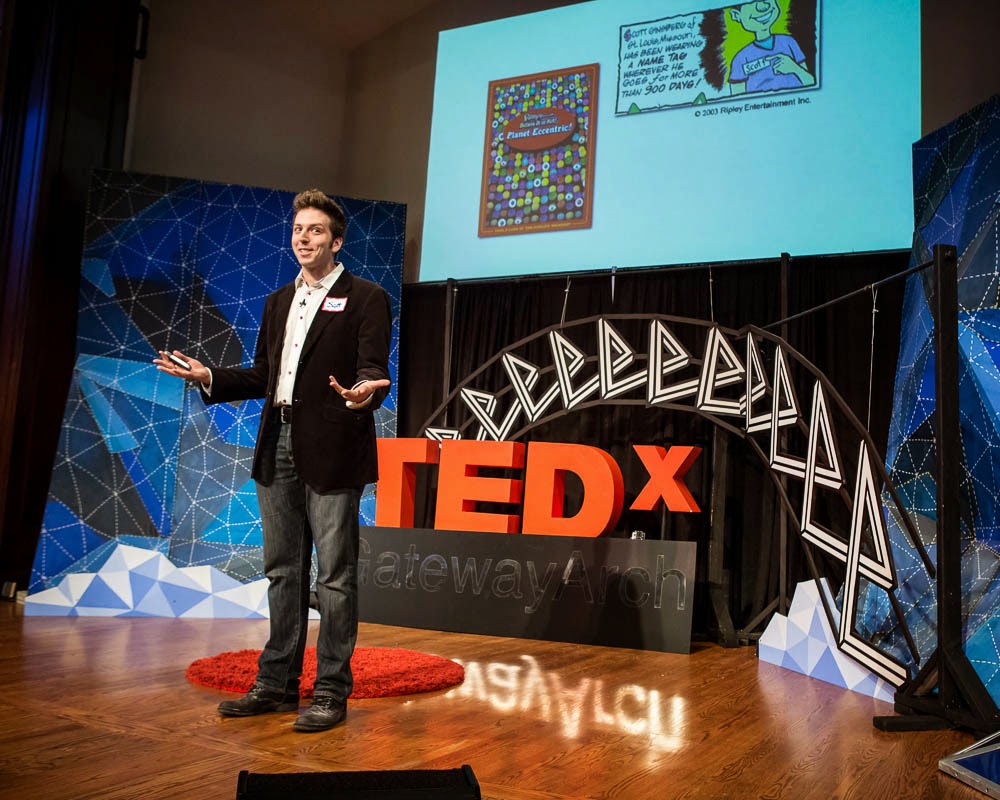
Never the same speech twice. Customized for your audience. Impossible to walk away uninspired.
Now booking for 2014-2015.
Email to inquire about fees and availability. Watch clips of The Nametag Guy in action here!
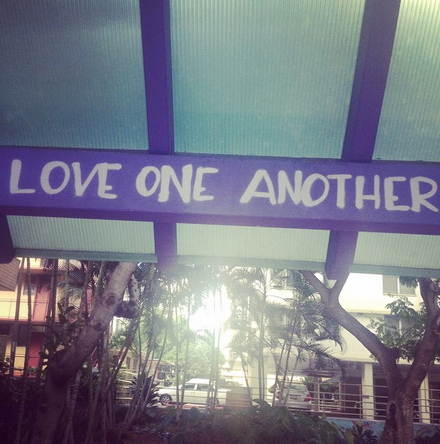
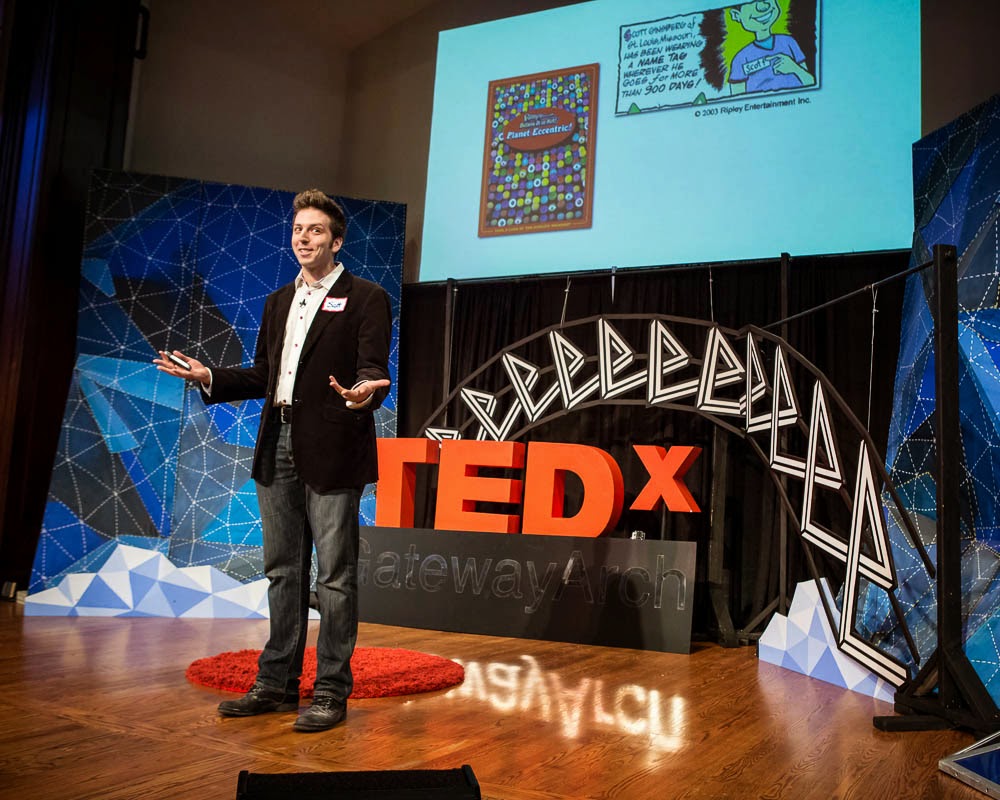


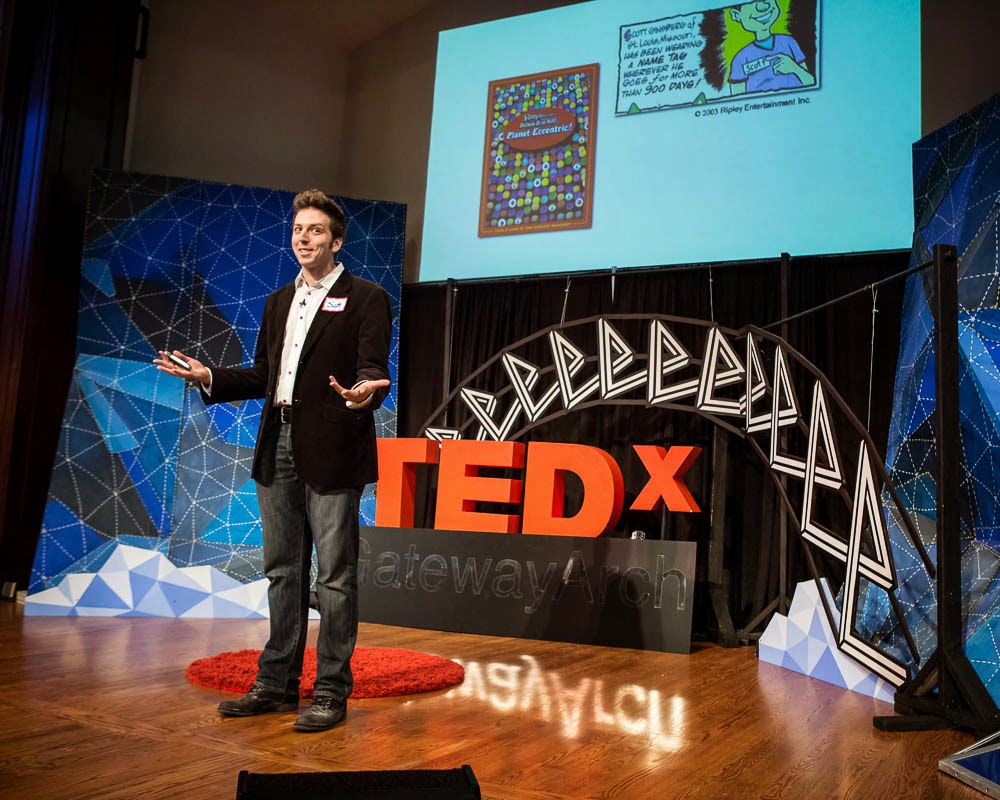

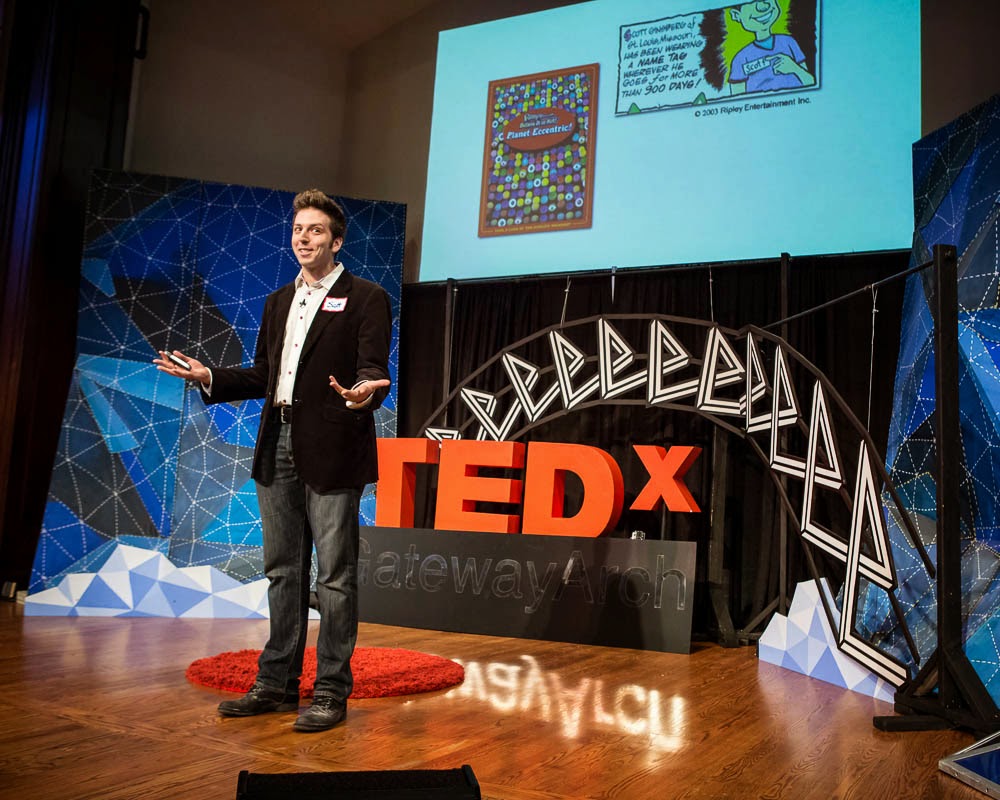

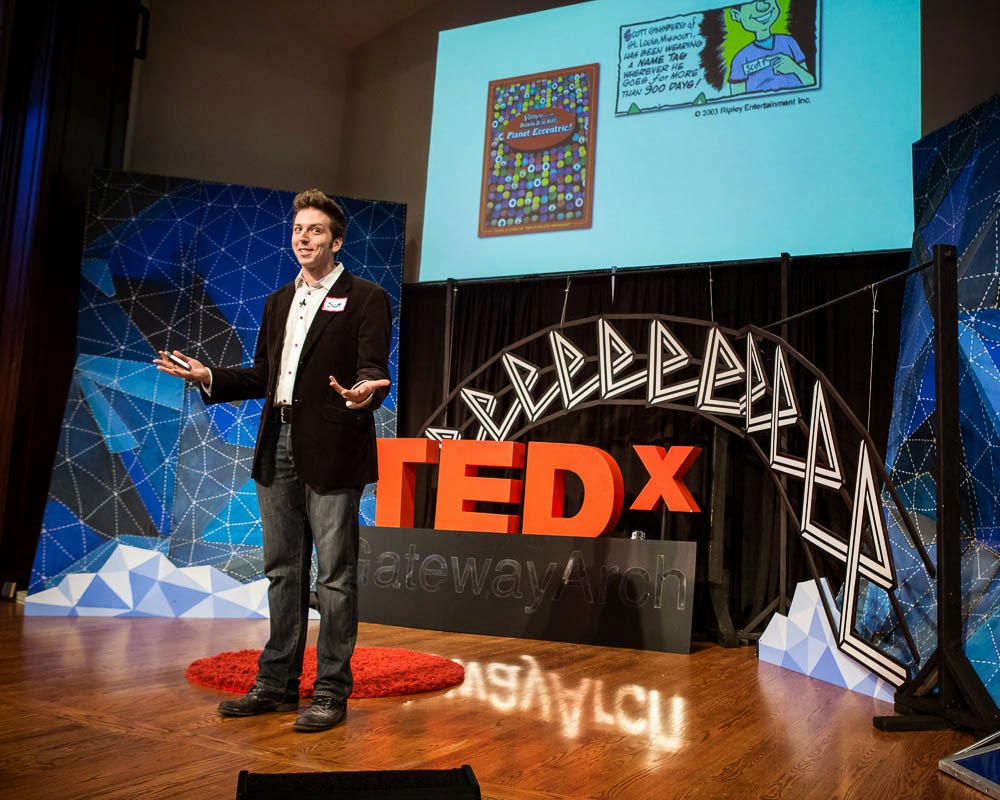

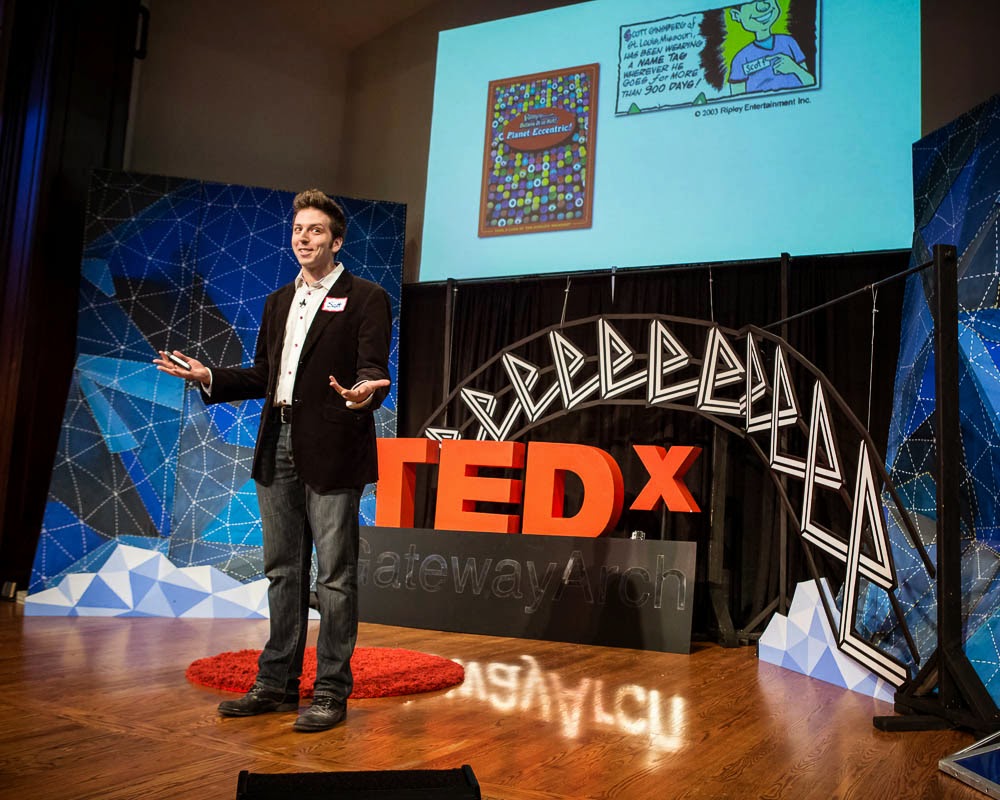

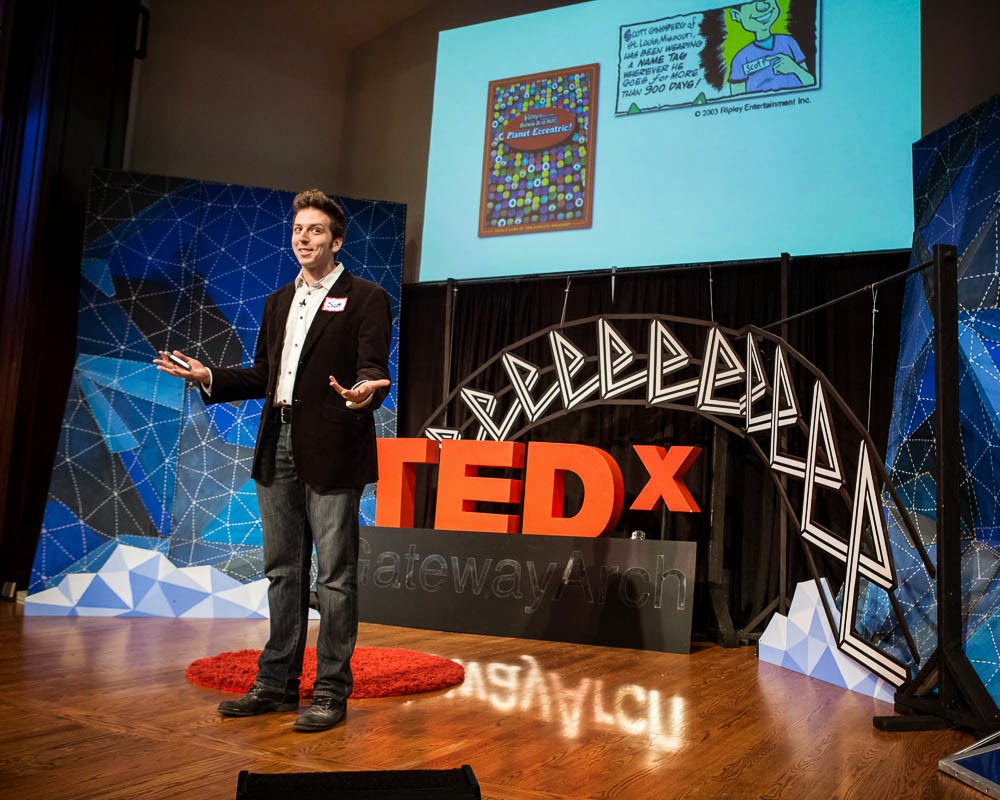
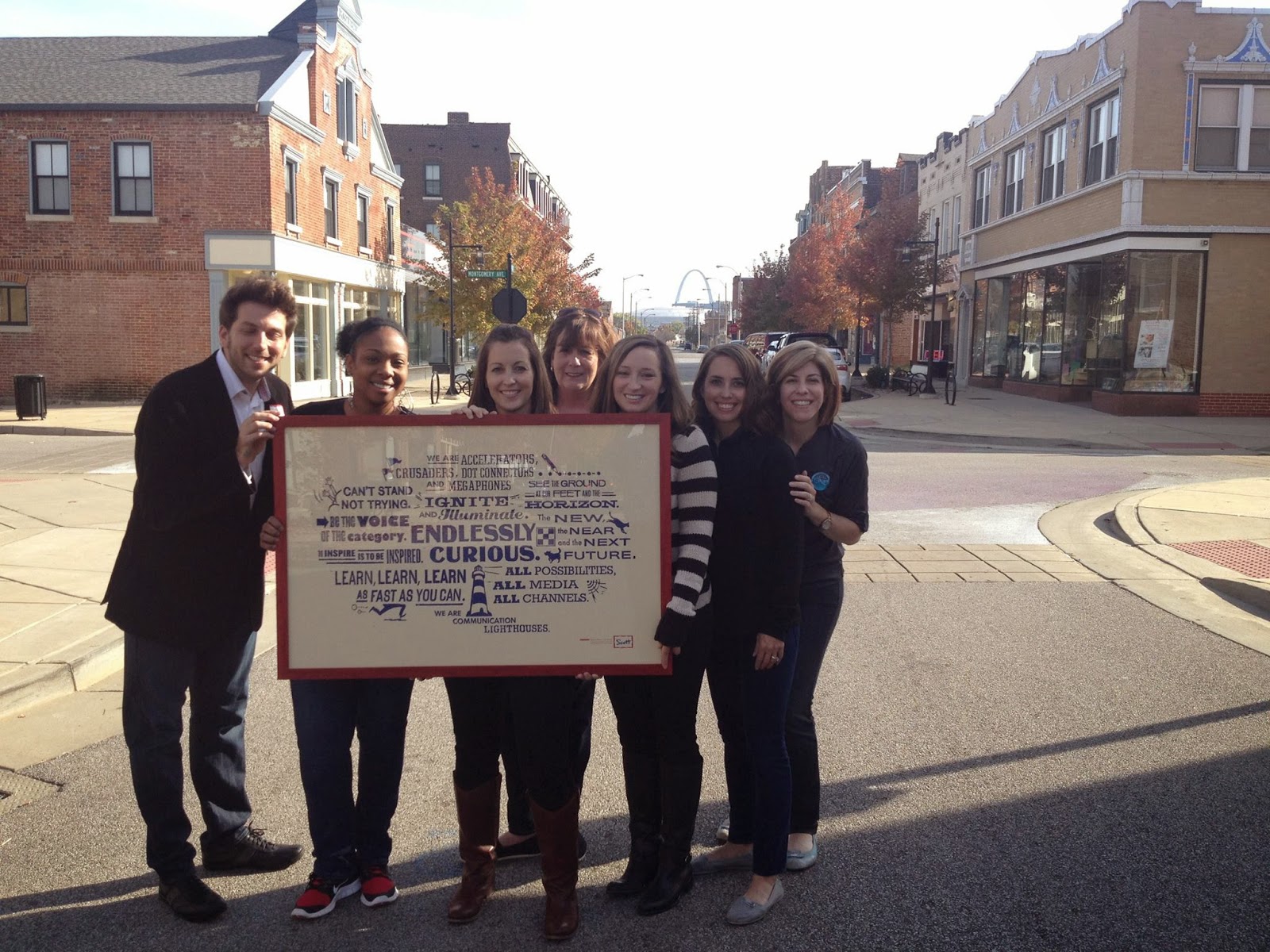
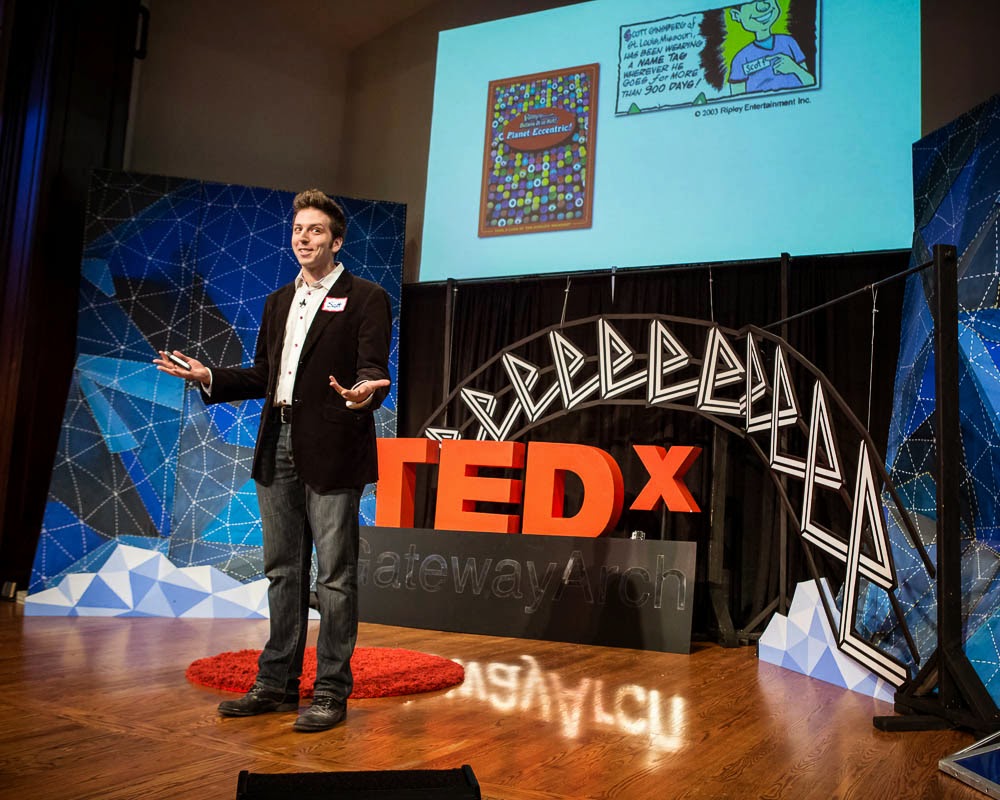

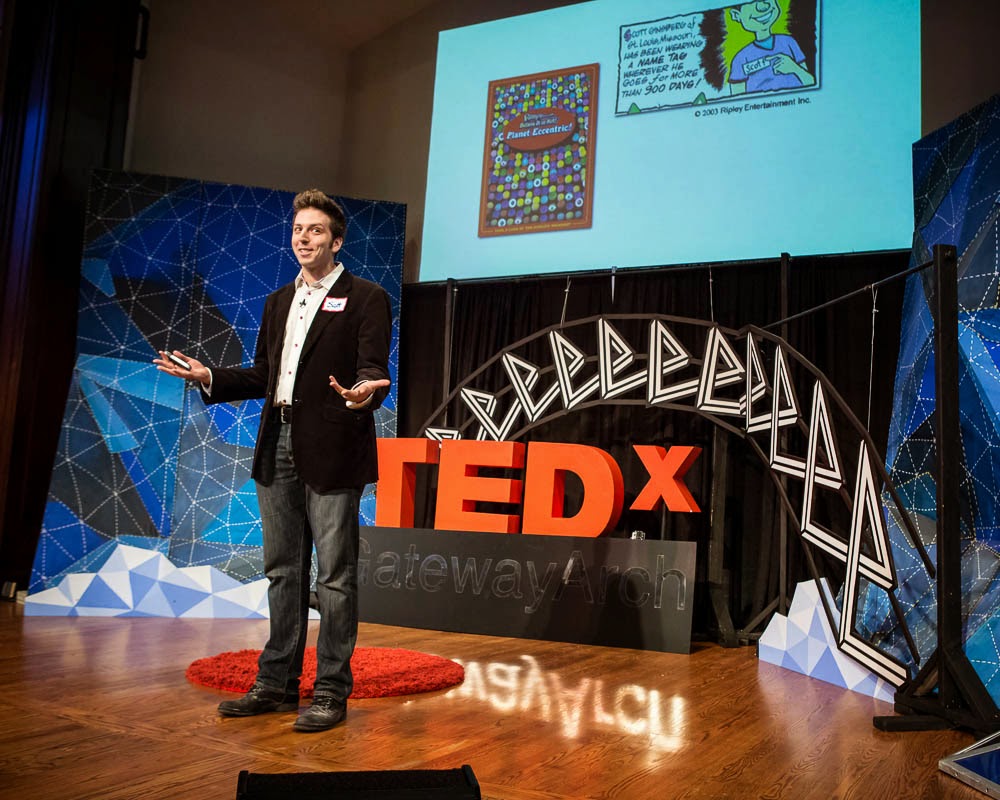
 Entrepreneurs must diversify and expand their offerings to broaden their appeal. After all, the more appealing you are to the more people, the more you will be sought out.
Entrepreneurs must diversify and expand their offerings to broaden their appeal. After all, the more appealing you are to the more people, the more you will be sought out. 